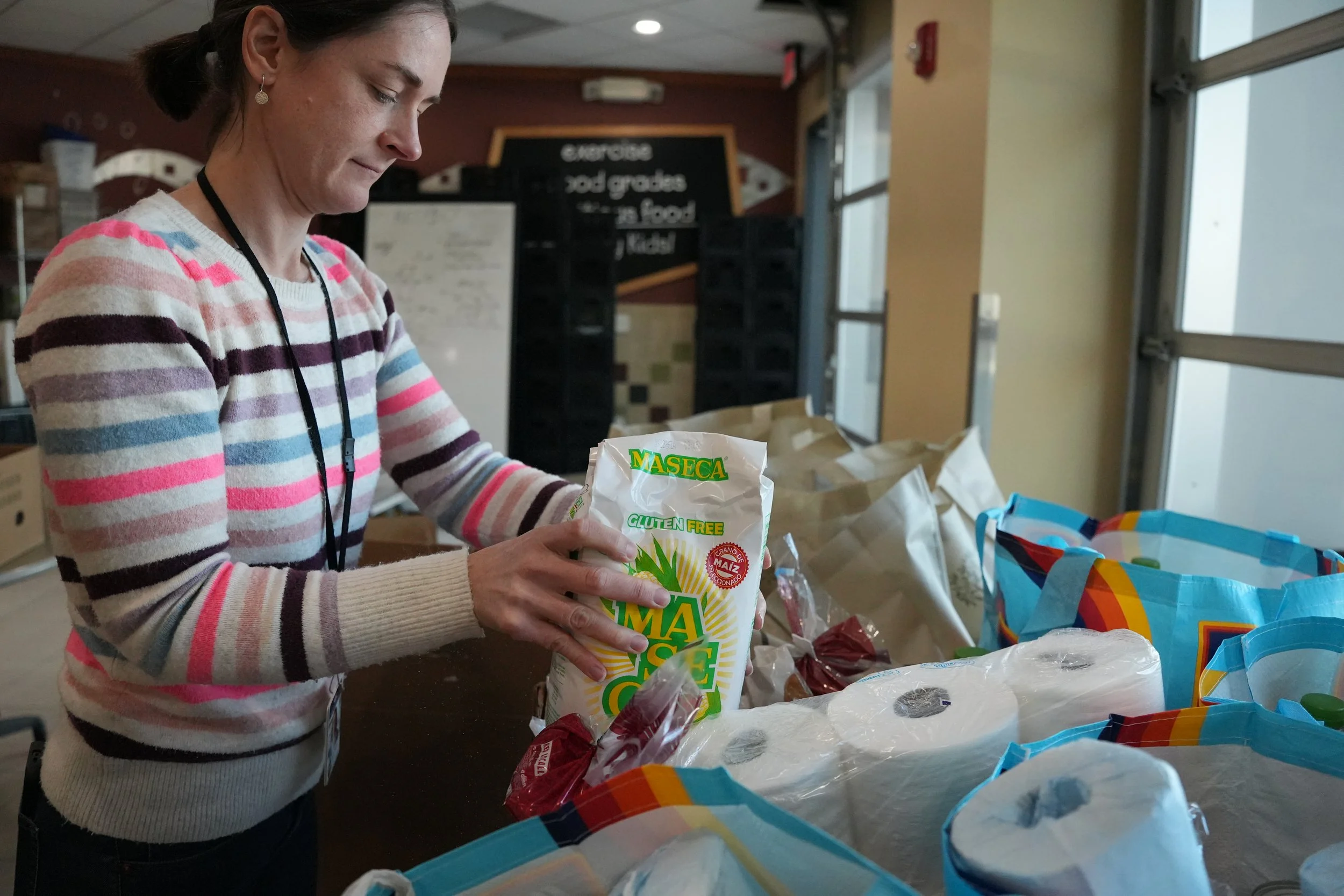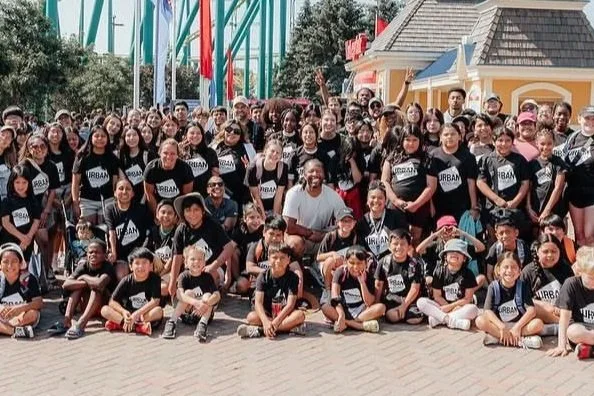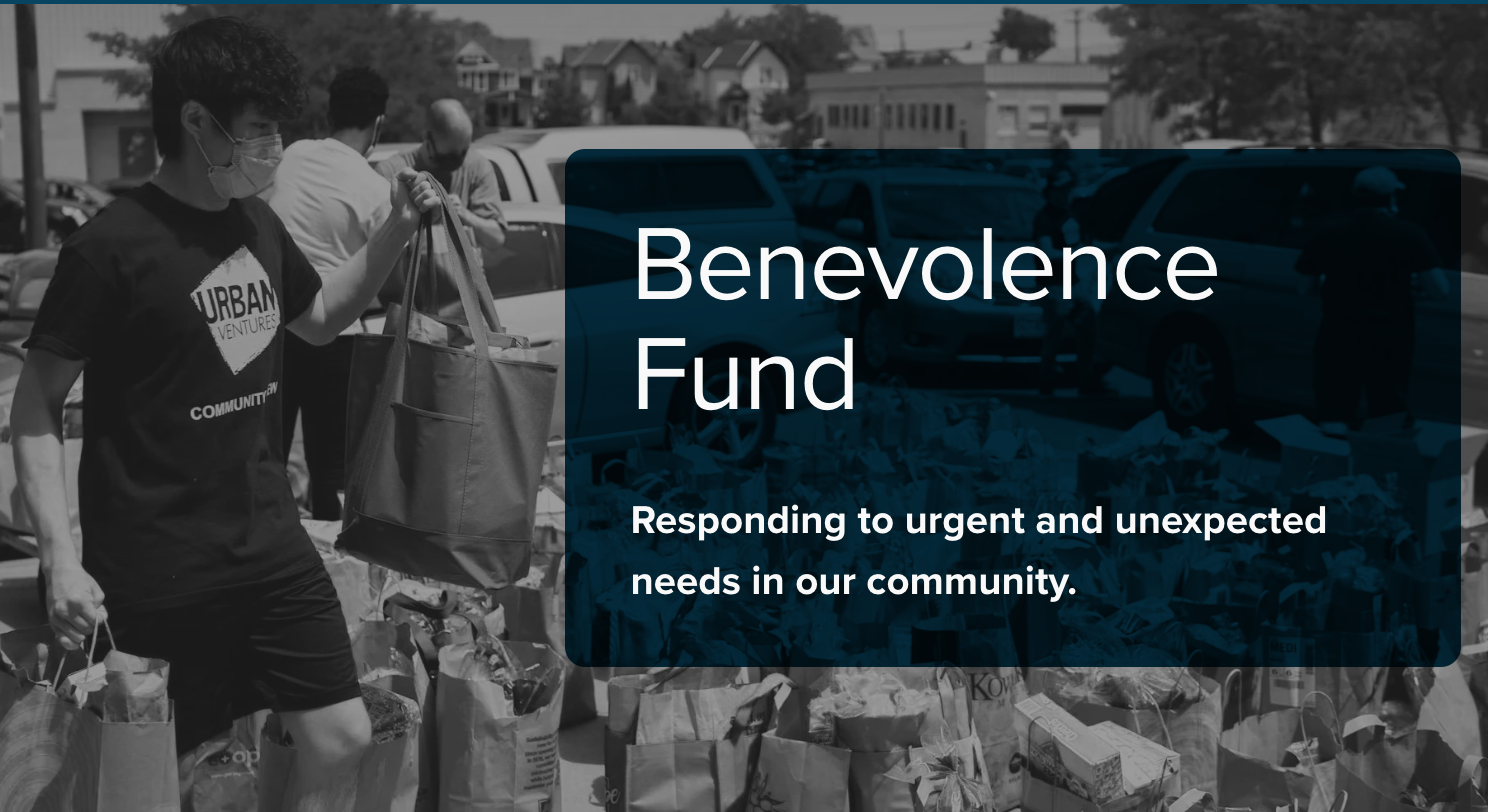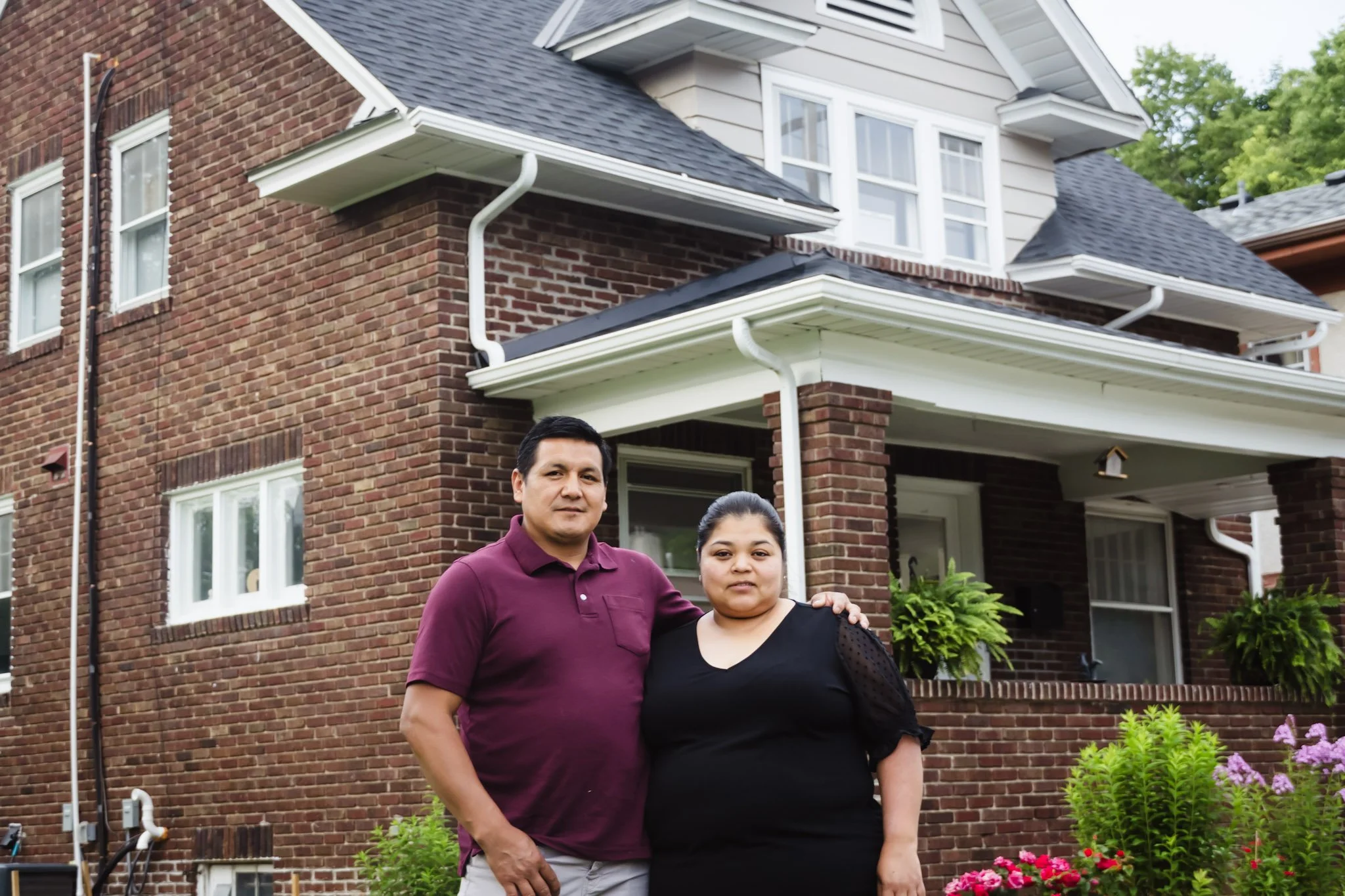Stories from our neighborhood.
The latest stories, news, highlights, and updates from our community.
Third Annual Black History Month Talent Show
Join us for a celebration of community, unity, music, and art.
Hall of Fame. Hometown Generosity.
Congrats to longtime friend of UV, Larry Fitzgerald Jr., for entering the Hall of Fame.
When Crisis Follows Students to School
We’re helping students stay on track today, so this moment doesn’t shrink their future.
¡Gracias, Susana!
Celebrating Susana’s 30-year legacy at Urban Ventures as she moves to her next chapter
How We’re Responding To Urgent Needs Right Now
How Urban Ventures is responding to the unexpected and urgent needs in Minneapolis
Changing A Mindset
Owning a home felt like a fairytale, until a change in mindset made it a reality.
This Is What 30 Years of Investment Looks Like [video]
"The investment someone made back then didn't just help me stay busy a few summers 30 years ago. It changed the trajectory of my life."









![This Is What 30 Years of Investment Looks Like [video]](https://images.squarespace-cdn.com/content/v1/564e21c0e4b0d26c39afd890/1764187673313-9W02MNH6SAX6VVO3OBK4/Carlos+Thumbnail.jpg)